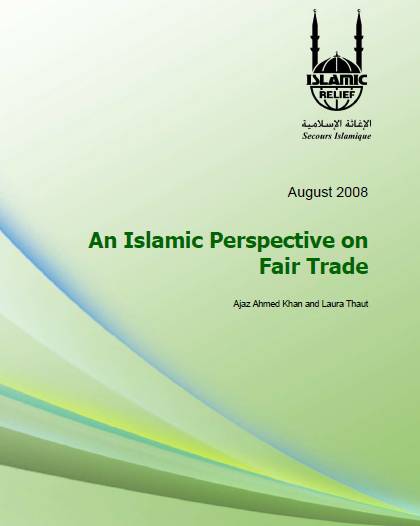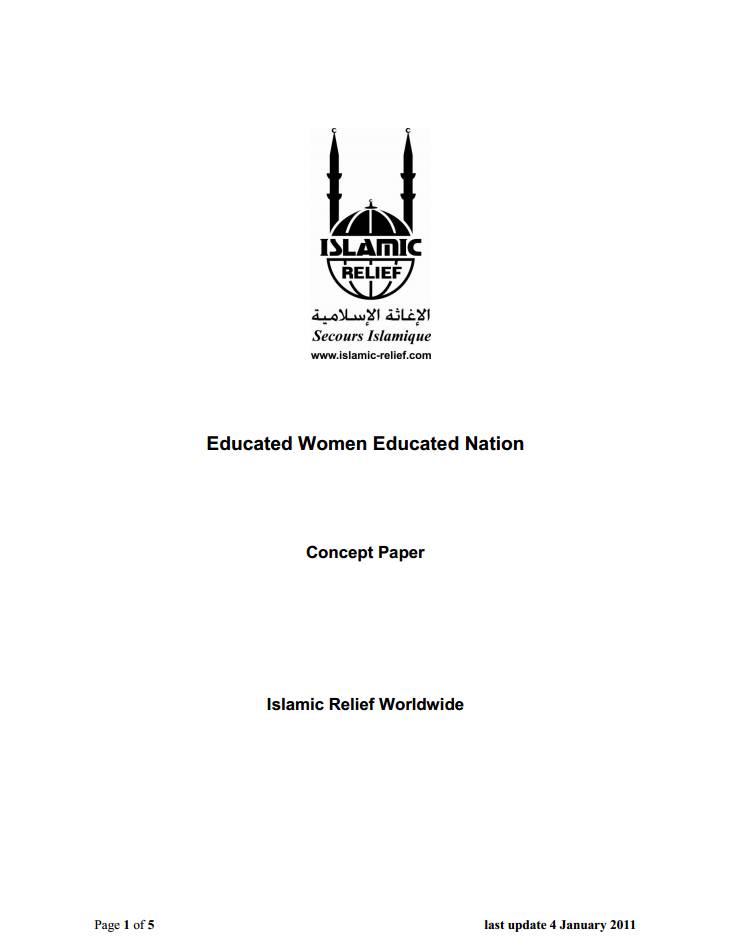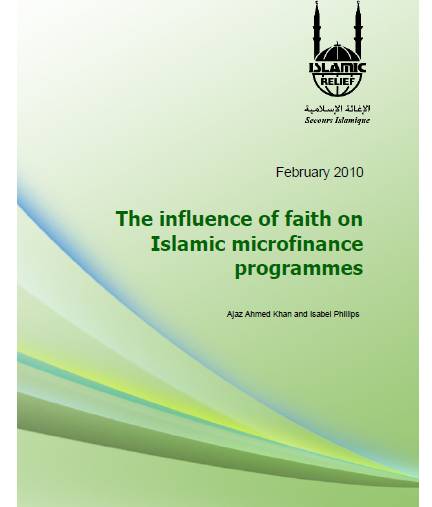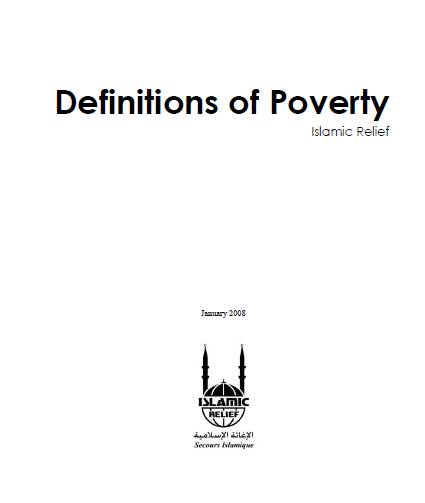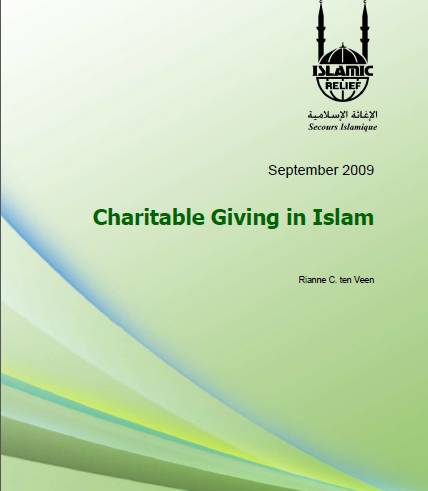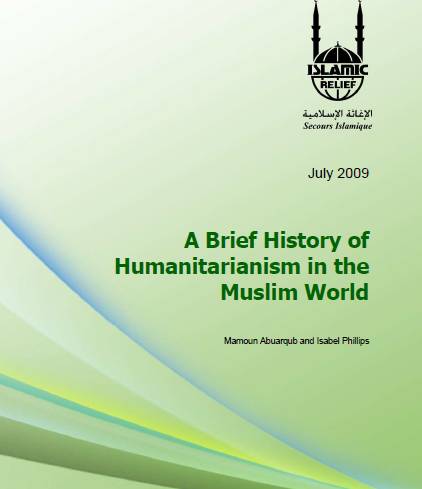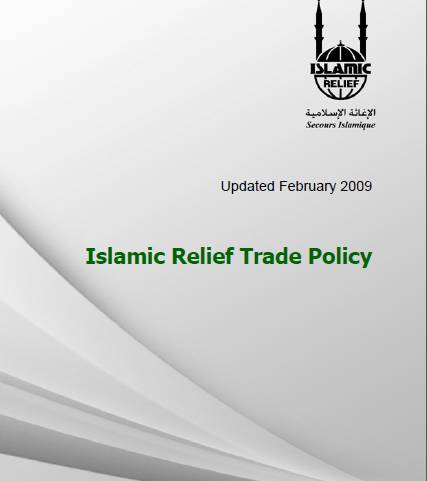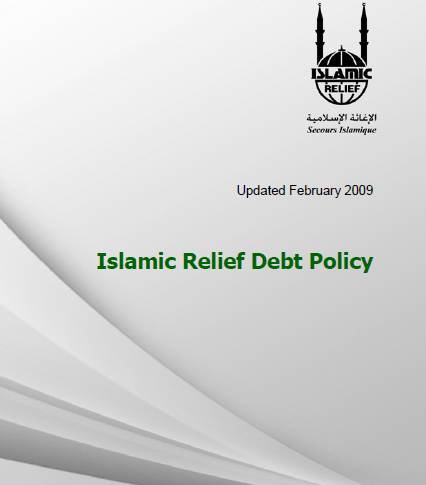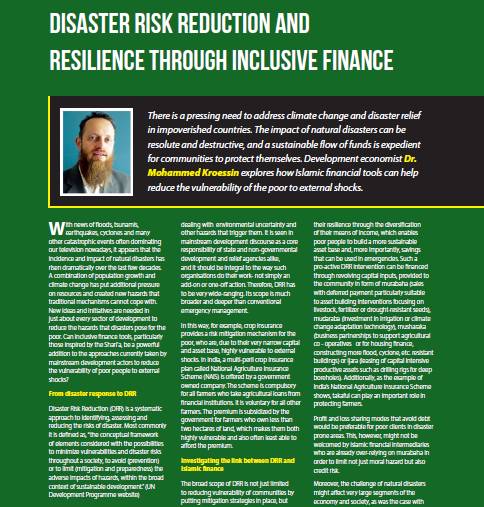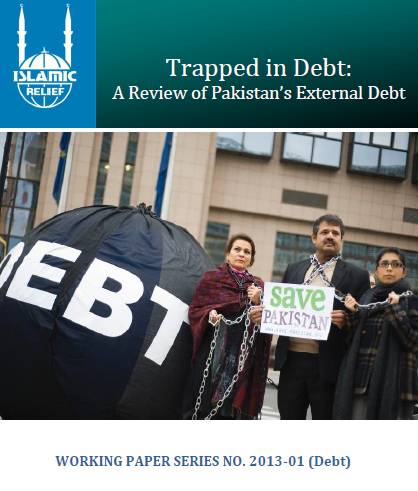An Islamic Perspective on Fair Trade
moh2023-05-03T09:56:47+00:00European and North American Fairtrade labelling bodies, non-governmental organisations and various faith-based organisations have all been instrumental in promoting fair trade. Indeed, for ethical and moral reasons, many Christian faith-based organisations have adopted a clear and unequivocal position in support of fair trade.6 Is an Islamic perspective on fair trade also supportive? Do Islamic principles and teachings encourage Muslim organisations to be equally active? And does an Islamic perspective provide additional insights? In order to address these questions, this paper presents an Islamic perspective on fair trade. It does this by outlining the key principles upon which fair trade is based, [...]


